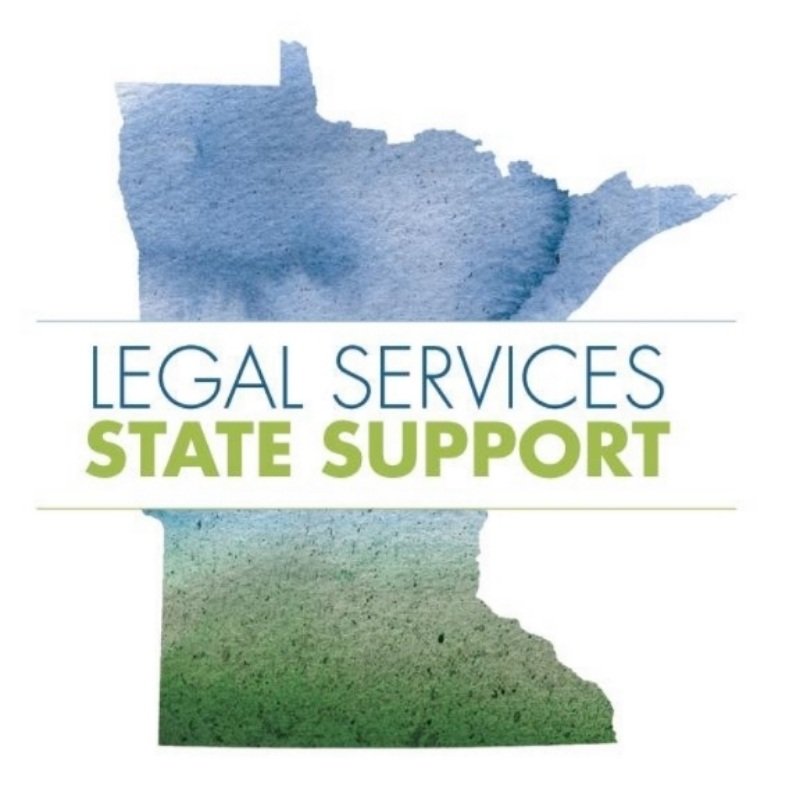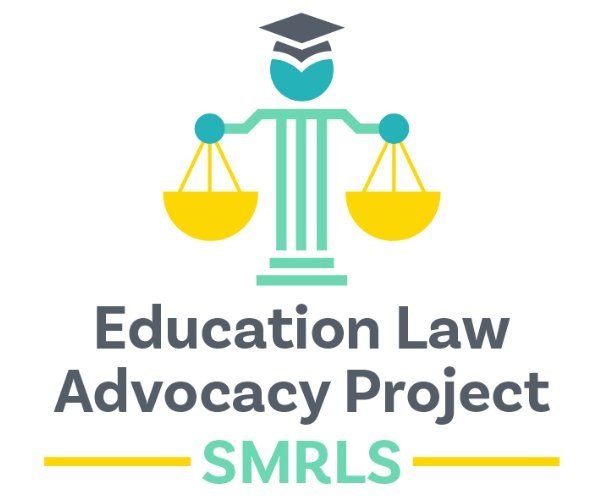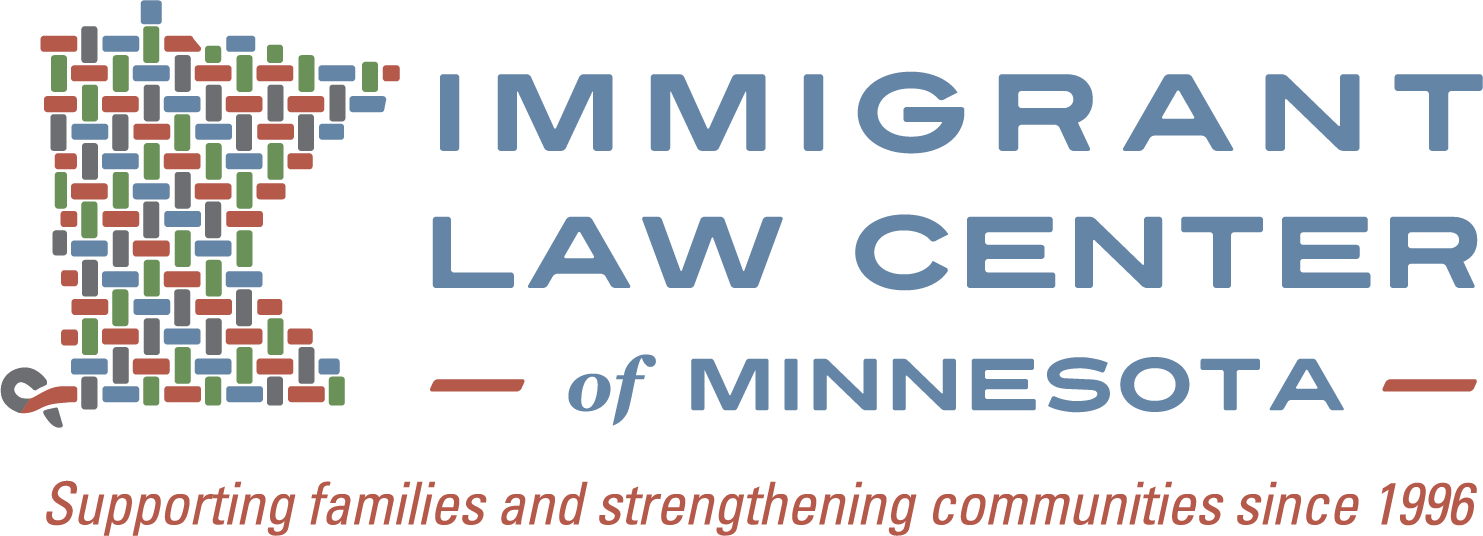The Education Law Advocacy Project (ELAP) of Southern Minnesota Regional Legal Services (SMRLS) recently updated its landmark handbook on student education rights to reflect new laws passed at the legislature this year. Children's Education Rights: A Handbook for Professionals Working with Minnesota Students was published last September and covers topics such as school choice, early childhood family education and learning, the Equal Educational Opportunities Act of 1974, students with a disability, students experiencing homelessness, students’ right to be free of discrimination, student discipline, and more. The book was written and organized by Lilian Ejebe, ELAP lead attorney, and Cierra Johnson, certified student attorney, and supported by a grant from Proof Alliance and the Legal Services Corporation.
Brand new this year are fact sheets on Gifted and Talented Programs and Services, which covers identification and development of the talent of gifted students, and American Indian Education, which discusses additional education programs for Indigenous children. These fact sheets will be available soon on LawHelpMN.org.
ELAP was started at SMRLS in 1995 to help families enforce the educational rights of students through a collaborative approach. ELAP has represented thousands of students and their families in obtaining educational services, empowering families in navigating the school system, and in some cases, improving educational policies at the school district level. You can follow the project’s latest work and training opportunities on Facebook, Instagram, YouTube and TikTok.




